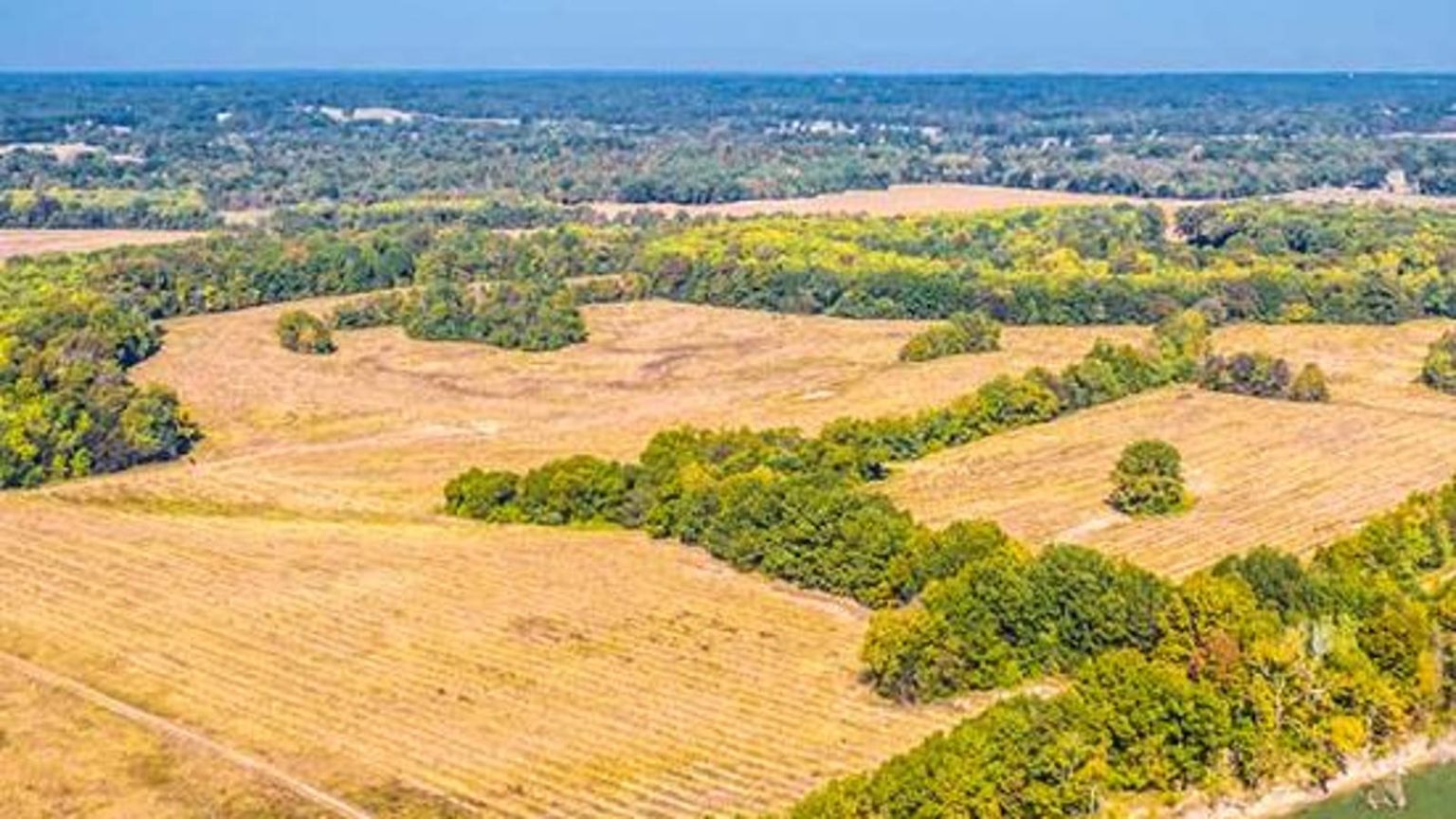A 15-year offtake agreement between Chestnut and Microsoft has been described as one of the longest contracted delivery schedules in the current carbon removal credit market. This deal, signed at the end of last year, stands out as it involves a significant purchase to incentivize the planting of new trees, rather than just focusing on forest preservation. Technology companies, such as Microsoft, are leading the way in longer-term credit purchases, driven by consumer demand for emissions progress and their lower emissions footprint compared to industrial peers. As a result, carbon removal credits are becoming a larger part of their budgets, highlighting the need for more projects in this space.
Carbon credits can be classified into reduction, removal, or avoidance categories, with removal credits being the most impactful but in limited supply due to the complexity of such projects. Many companies have set 2030 as their net-zero target date, leading to a potential shortage of credits in the future. Chestnut, created by Kimmeridge Carbon Solutions, aims to address this gap by offering high-quality carbon removal credits through their afforestation project registered on the Gold Standard. By developing projects in the United States, Chestnut aims to enhance transparency and provide ecological and economic benefits to local communities.
The reputation of nature-based solutions has been tarnished by a few bad actors in the industry, leading to hesitancy among buyers to invest in such projects. Chestnut aims to address this issue by providing a transparent and reliable option for buyers, with American companies able to visit their planting sites in Arkansas. The company emphasizes the additional benefits of their projects, including improved soil, air, and water quality, as well as support for native wildlife and local communities. Large tech companies are also investing in tech-heavy carbon dioxide removal solutions, such as direct air capture and bioenergy with CCS, which offer higher permanence and premium pricing in the market.
Despite some hesitancy among buyers and negative publicity surrounding nature-based solutions, there is a growing need for scalable carbon removal solutions in the fight against climate change. Shannon Smith, Chief Commercial Officer of Chestnut, emphasizes the importance of solutions that can sequester carbon effectively for meaningful periods of time, rather than focusing solely on long-term permanence. As the demand for carbon removal solutions continues to increase, there is room for multiple approaches to address the climate crisis. Chestnut, as a leader in the space, took on the capital risk of their project, investing in a unique afforestation pilot with the belief that high-quality carbon products would find buyer demand in the market.
In conclusion, the carbon removal credit market is evolving rapidly, driven by the demand for sustainable solutions from technology companies and other industries. Chestnut’s innovative approach to afforestation projects and focus on environmental and community benefits sets them apart in a competitive market. As the world continues to require more carbon removal solutions to mitigate climate change, it is encouraging to see companies like Chestnut emerge as leaders in providing impactful and scalable solutions to address this urgent global challenge.


